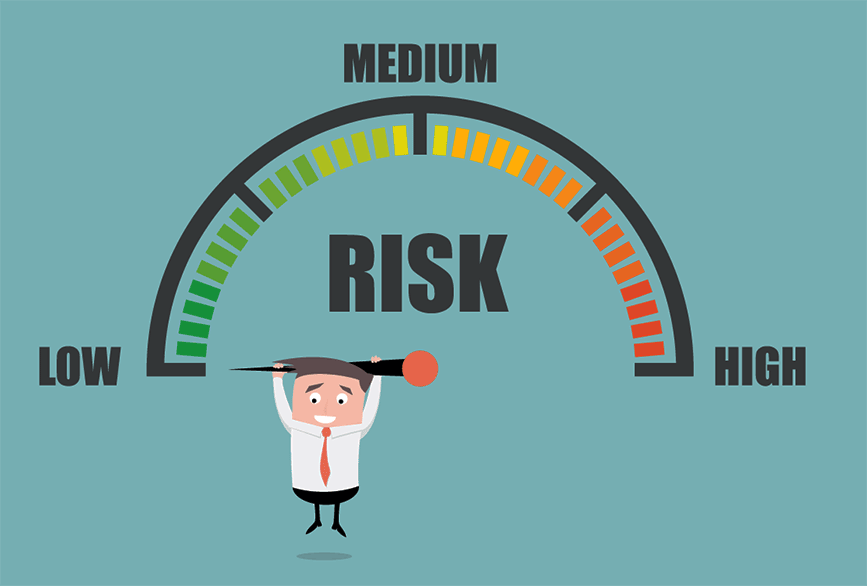Reputational Risk Management
Reputational risk management is the process of identifying, assessing, and mitigating potential threats to an individual’s, organization’s, or brand’s reputation. In today’s interconnected and information-rich environment, reputational risk has become a significant concern for entities across all sectors, as negative publicity or perceptions can have far-reaching consequences.
The primary goal of reputational RM is to proactively safeguard and preserve the integrity, credibility, and trustworthiness of an entity’s reputation. This involves identifying potential sources of reputational risk, such as negative media coverage, customer complaints, ethical lapses, or social media backlash.
Reputational RM begins with a comprehensive assessment of the entity’s reputation and the factors that could impact it. This includes analyzing stakeholder perceptions, monitoring media coverage, and assessing the potential impact of reputational threats on key business objectives.
Once potential risks are identified, reputational RM strategies focus on implementing measures to mitigate and manage these risks effectively. This may involve developing crisis response plans, enhancing communication strategies, addressing root causes of reputational issues, and actively engaging with stakeholders to address concerns and rebuild trust.
Moreover, reputational RM emphasizes the importance of proactive reputation-building efforts to strengthen resilience against potential threats. This includes promoting positive narratives, showcasing corporate values and responsible practices, and fostering transparency and accountability in all interactions.
By integrating reputational RM into overall risk management practices, entities can better anticipate, prepare for, and respond to reputational threats. Ultimately, effective reputational risk management helps safeguard the long-term viability and success of an entity by preserving its most valuable asset: its reputation.
